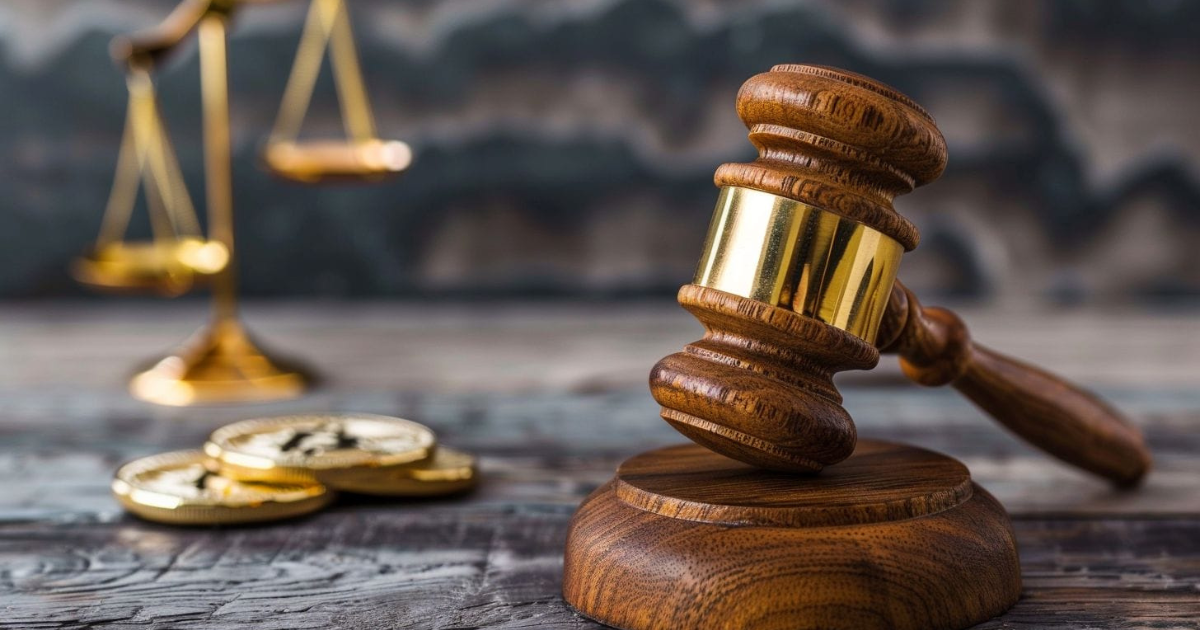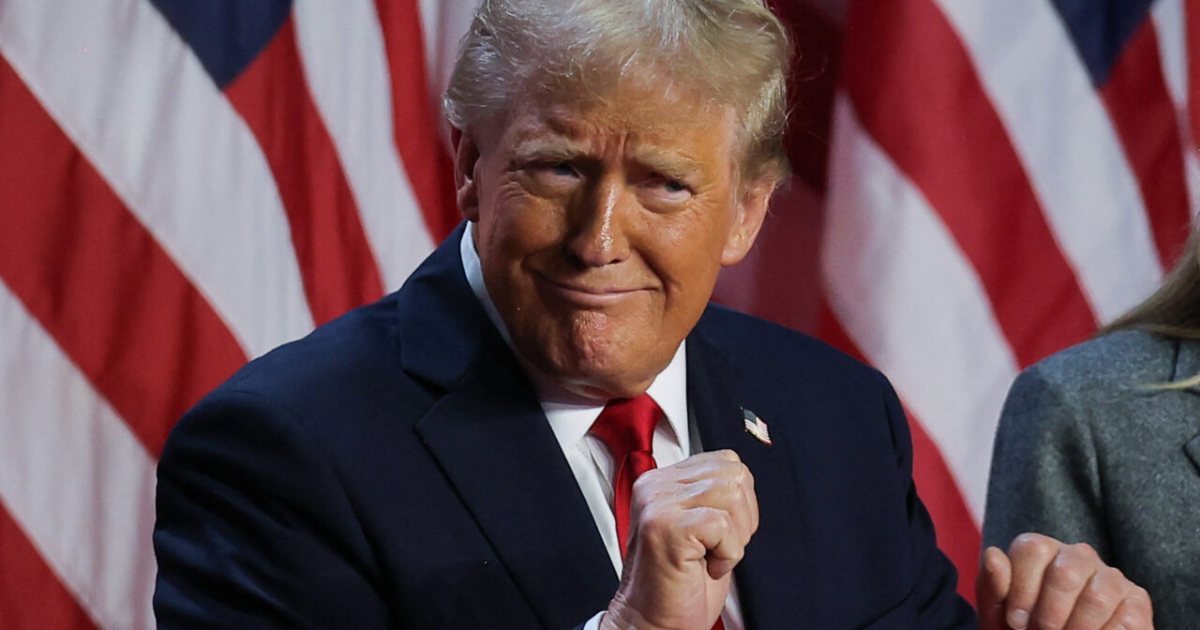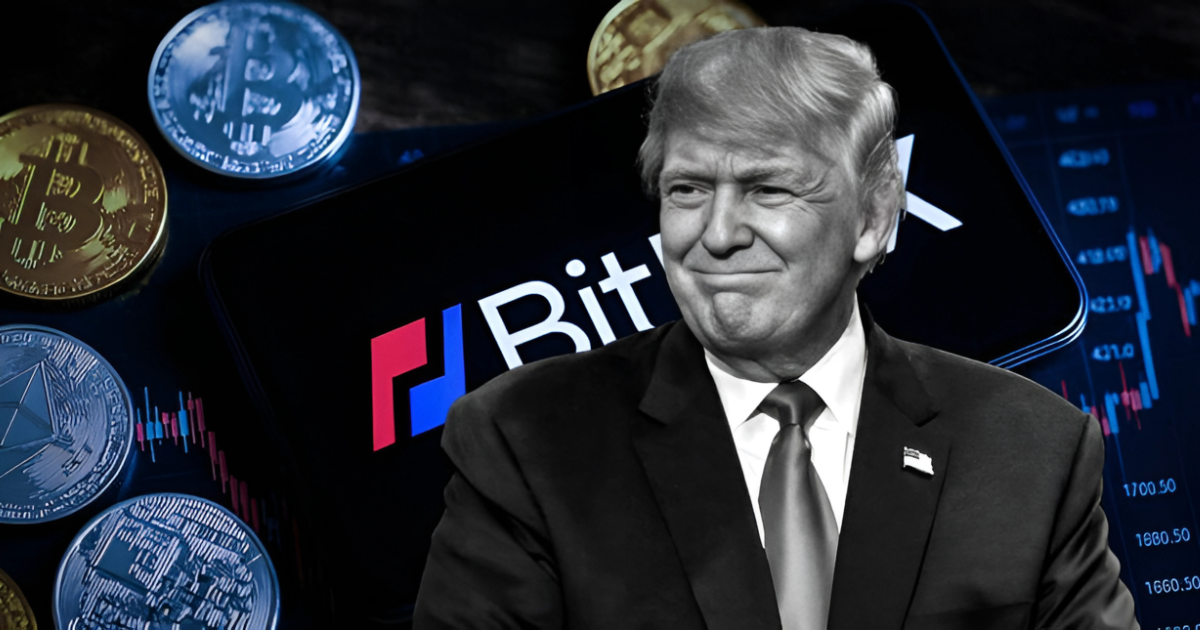Situations can sometimes spiral out of control, often involving crimes. Today, President Donald Trump pardon BitMEX Co-Founders after it was revealed that they had been convicted of money laundering. This development is not entirely surprising, as they have previously been found guilty of similar violations.
Key-Takeaways:
- By arrangement, Trump Pardon BitMEX Co-Founders Arthur Hayes, Benjamin Delo, and Samuel Reed, who had been convicted of violating the Bank Secrecy Act.
- They had been hit by legal trouble for running without the necessary anti-money laundering (AML) protocols and know your customer (KYC) requirements.
- Before getting relatively light probation sentences, each co-founder had pleaded guilty and paid $10 million in fines.
- Delo claimed that the prosecution was politically motivated and that they were unfairly targeted as a regulatory example for the crypto industry.
What Happened at BitMEX?
 BitMEX’s three co-founders were fully pardoned by former President Donald Trump. Convicted executives Arthur Hayes, Benjamin Delo, and Samuel Reed had their records cleared. In 2022, the three executives pleaded guilty to violating the Bank Secrecy Act. Panorama de Country, along with other social groups, expressed surprise at this unexpected decision, which has sparked discussions in both political and cryptocurrency circles.
BitMEX’s three co-founders were fully pardoned by former President Donald Trump. Convicted executives Arthur Hayes, Benjamin Delo, and Samuel Reed had their records cleared. In 2022, the three executives pleaded guilty to violating the Bank Secrecy Act. Panorama de Country, along with other social groups, expressed surprise at this unexpected decision, which has sparked discussions in both political and cryptocurrency circles.
As a leading cryptocurrency derivatives exchange, BitMEX offered services to thousands of American customers. In the case of the platform, accounts were created without complicated or rigid verifications. According to their website, they openly advertised that no real name or other advanced verification was required. One way of getting to the point where you effectively have a screed for customers is by violating federal ‘know your customer’ requirements.
Federal prosecutors described BitMEX as operating in the shadows of the financial markets. The company did not put in the basic anti-money laundering policies, which are necessary for the law. Records indicated that BitMEX functioned as a ‘money laundering platform’ from 2015 to 2020. The exchange even did not take into account the fact that the platform is being used to launder the hacked cryptocurrency.
Legal Consequences Before the Pardon
 All three co-founders were found guilty of violating the Bank Secrecy Act. As part of their plea agreements, each had agreed to pay a substantial $10 million fine. The executives became relatively light cases, receiving nothing more than probation. Following his release, Hayes spent two years on probation, including six of the months under house arrest. Reed was given 18 months probation; Delo got 30 months.
All three co-founders were found guilty of violating the Bank Secrecy Act. As part of their plea agreements, each had agreed to pay a substantial $10 million fine. The executives became relatively light cases, receiving nothing more than probation. Following his release, Hayes spent two years on probation, including six of the months under house arrest. Reed was given 18 months probation; Delo got 30 months.
Prosecutors argued for unusually harsh sentences, claiming that the crimes justified penalties beyond standard sentencing guidelines. In January 2022, the company itself was collecting a $100 million fine. It also was a penalty for a willful failure to implement proper anti-money laundering protocols.
Why Did Trump Issue the Pardons?
 The Trump Pardon BitMEX Co-Founders announcement was not made public when signed on Thursday. It is accompanied by other controversial pardons, such as one for Trevor Milton, founder of Nikola.
The Trump Pardon BitMEX Co-Founders announcement was not made public when signed on Thursday. It is accompanied by other controversial pardons, such as one for Trevor Milton, founder of Nikola.
Delo stated that BitMEX and its co-founders were ‘wrongfully targeted’ by the Justice Department. According to him, their prosecution was politically motivated. “In Delo’s words, they were “sacrificed for political reasons” and as the basis for “sending inconsistent regulatory signals.” Their conviction, he characterized as unfounded, and he expressed gratitude if his name was cleared.
‘We thank both our legal team and Donald Trump for their swift action in resolving this matter,’ co-founder Hayes posted on Times social media following the pardon announcement. I can now ‘continue my life and philanthropic work’ without a criminal conviction, Delo expressed relief. The pardon, he said, was even a ‘legal wrong.’
Critics of the pardon argue that the cryptocurrency market gatekeepers play a crucial role in maintaining security. Damian Williams, a former U.S. Attorney, made it clear that companies in the virtual economy had to have fair and secure markets. The BitMEX case exposed major regulatory compliance gaps in the cryptocurrency industry.
Conclusion: Trump Pardon BitMEX Co-Founders
The BitMEX case originally served as a strong warning about compliance rules for the digital asset platforms. The pardons now may give law enforcement the feeling of having to worry about enforcement priorities.
Cryptocurrency exchanges must still adhere to legal requirements to prevent money laundering, including anti-money laundering (AML) laws and know-your-customer (KYC) regulations. What are your thoughts on this case? Let us know in the comments.











